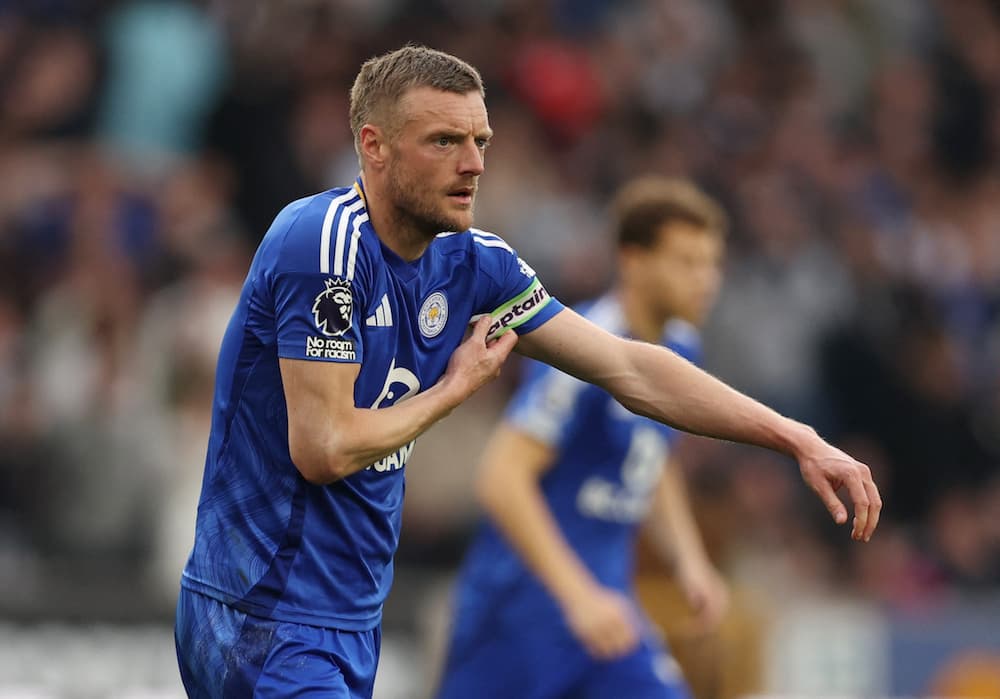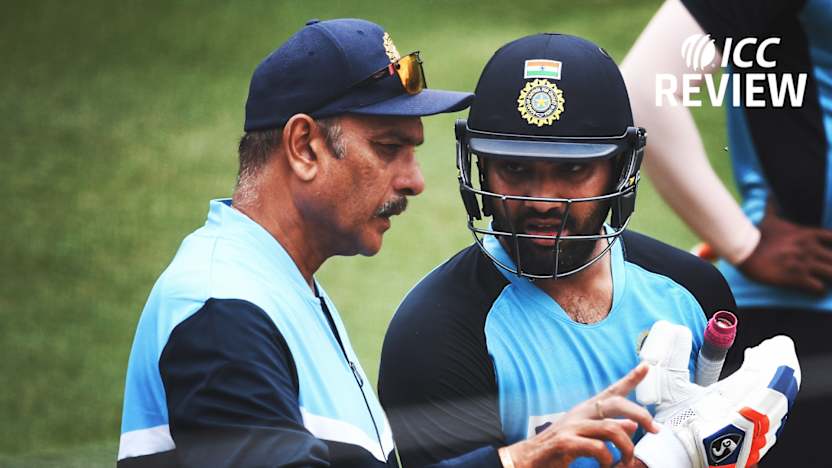It’s true – Ange Postecoglou always wins trophies in his second season. This is his record

Hellas won their very next game, relieving the immediate pressure on Postecoglou, and then barely lost another at home for the next two years. Postecoglou steered them to the NSL preliminary final that year, and then the following season, they finished clear on top of the ladder before beating Carlton SC 2-1 in the grand final, courtesy of an 87th-minute strike from Con Boutsianis – fully vindicating Vasilopoulos’ decision to stymie the board’s move against the coach. They made it back-to-back grand final victories in 1998-99. They had not won a title in seven years before him. Ange Postecoglou in his early days at South Melbourne. Credit: The Age Young Socceroos/Joeys (2001) This was the rockiest job of Postecoglou’s early career – after six years as Australia’s national youth coach, his contract wasn’t renewed after his famous on-air bust-up with Craig Foster – but he delivered silverware with both the men’s under-17 Joeys and under-20 Young Socceroos the year after taking it on. To be fair, anything else would have been a shock, since Australia was still in the Oceania confederation at the time. Before the switch to Asia in 2005, seeking a greater level of competition, Australian teams routinely smashed their various Pacific Island opponents (and New Zealand) in regional tournaments.Having taken over in mid-2000, Postecoglou’s first “major” tournaments both came the following year. Under his watch, the Joeys swept the OFC U17 Championship with six wins from six, scoring 52 goals and conceding zero as they beat the Kiwis 9-0 on aggregate in the final. Then his Young Socceroos took out the OFC U20 Championship – although the final against New Zealand was far from straightforward. They lost the first leg in Auckland 2-1 and were down 1-0 in the second after an early goal from Chris Killen, but Greg Owens and Ljubo Milicevic scored to get them out of jail, before Scott McDonald nabbed the winner in the 101st minute in Coffs Harbour to seal a 4-3 aggregate victory. Both teams went on to win the next two tournaments – the last they played in the OFC. Ange Postecoglou with his Young Socceroos squad in 2001. Credit: Getty Images Brisbane Roar (2010-11) Postecoglou’s first gig after his wilderness years left an indelible mark on the Australian game. He became Brisbane Roar boss in late 2009, taking over from Frank Farina a third of the way through the season. The Roar finished second bottom, only one point above wooden-spooners Adelaide United, but Postecoglou assured the club’s owners that good times were just around the corner. The next year, having retooled with the recruitment of Besart Berisha and Thomas Broich (among others), they absolutely dominated the A-League, losing only one game from 30 to claim the premiership, then sealed the double with a miraculous penalty shootout victory over Graham Arnold’s Central Coast Mariners in the grand final to secure the club’s first trophy. But it was the way they did it that shot Postecoglou to national fame, with Brisbane’s short-passing possession game – unlike anything seen before on the domestic scene – earning them the nickname ‘Roarcelona’. To prove it was no fluke, they won the grand final again in 2011-12.Ange Postecoglou and Brisbane Roar captain Matt McKay with the A-League premiership in 2011. Credit: Getty Images Socceroos (2015) Parachuted into Australia’s top job after the axing of Holger Osieck in October 2013, cutting short his promising project at Melbourne Victory, it was again a case of delayed gratification for Postecoglou’s side. It was a mammoth task, requiring him to regenerate the ranks of the national team at the expense of several key members of Australia’s golden generation, while also ensuring they were competitive at the 2014 World Cup in Brazil (which they were, despite losing all three games) and ready to contend for the 2015 Asian Cup on home soil. The Socceroos bottomed out at an all-time low FIFA ranking of No.102 after winning just one of 11 games in 2014, only one of which was played in Australia, and the knives were out for him – but it was all part of a bigger plan masterminded by Postecoglou to steel his players for the challenge of the Asian Cup by testing them in difficult environments so that, by the time they came back home, they would lift a few levels. It worked. The famous 2-1 extra-time victory over South Korea in the final at Stadium Australia, thanks to James Troisi’s decisive goal in the 105th minute, clinched what remains the only major trophy the Socceroos have ever won. Ange Postecoglou walks off stage a winner after the 2015 Asian Cup final. Credit: Getty ImagesYokohama F. Marinos (2019) The pattern continued in Japan, where Postecoglou took on his first job abroad since his nine-month stint at Greek third division side Panachaiki, back when nobody else would have him. Yokohama F. Marinos hadn’t won the J.League in 15 years when he took over – and on face value, they looked a million miles off it at the end of his first season in 2018 when they finished 13th, only dodging the relegation places through goal difference. Some fans wanted him gone, but most were able to look past the results, could see what he was building with his aggressive attacking style, and were eager to see where that journey would take them. The next year, it took them to glory, with Postecoglou’s Marinos sealing the title on the final day of the season, and leaving a legacy in Japanese football as rival sides – inspired by their method of play – dropped their conservative tactics and started going on the front foot more often. Ange Postecoglou raises the 2019 J.League trophy in Yokohama. Credit: GettyCeltic (2022-23) Postecoglou broke his own record in Glasgow, overturning a 25-point gap on champions Rangers the season before he took over to win both the Scottish Premiership and the Scottish League Cup in his first campaign. As always, results and performances were scratchy early on, but once he got in the players he wanted and had enough time to embed his ideas, his Celtic side were just about unstoppable. Ange Postecoglou with the Scottish Cup after Celtic’s win at Hampden Park - his last act as coach. Credit: Getty In season two – which, for the purposes of this article, is our focus – Postecoglou went even better. Having established their mantra, ‘We Never Stop’, they never did. Celtic didn’t suffer a single defeat until after a second consecutive Premiership title was in the bag, and rounded it off with another Scottish League Cup and then, in his final act, as rumours about his impending departure to Tottenham Hotspur were swirling, the Scottish Cup. He became just the fifth manager to win a domestic treble with Celtic, where the fans still swoon about the football they played during the Postecoglou era.








)



